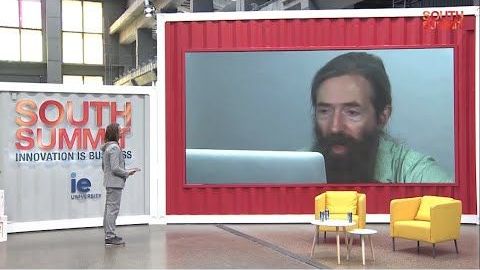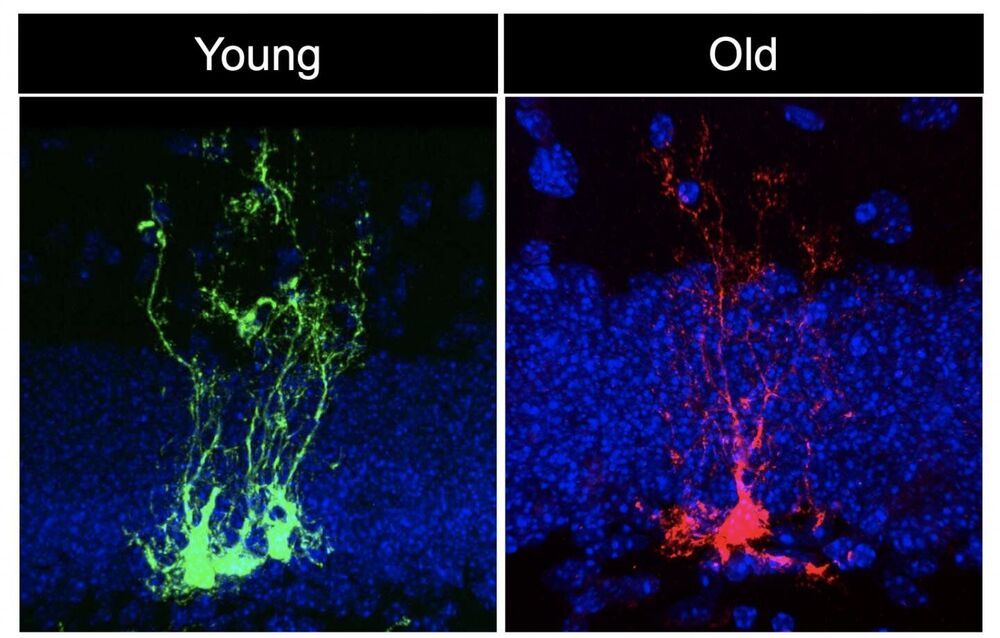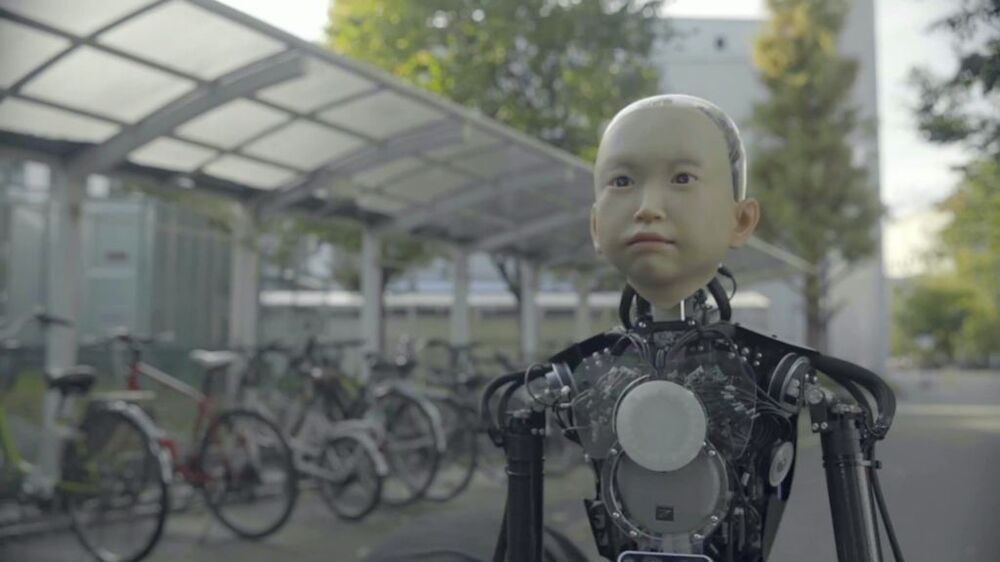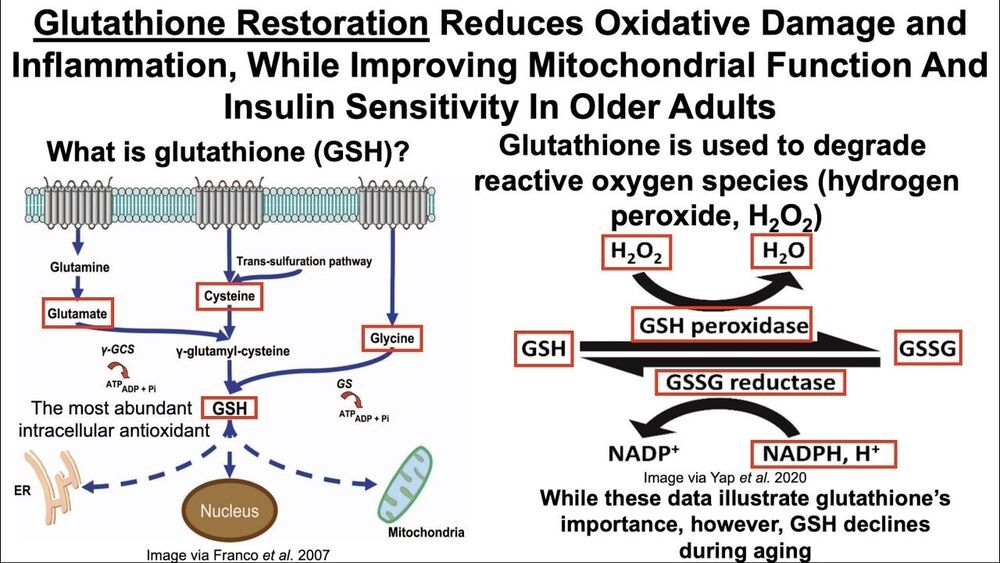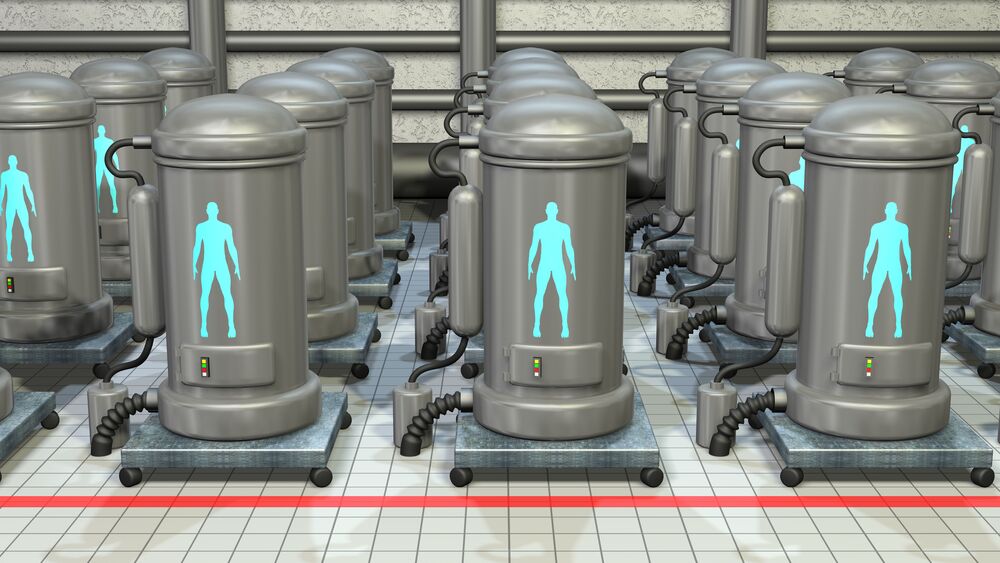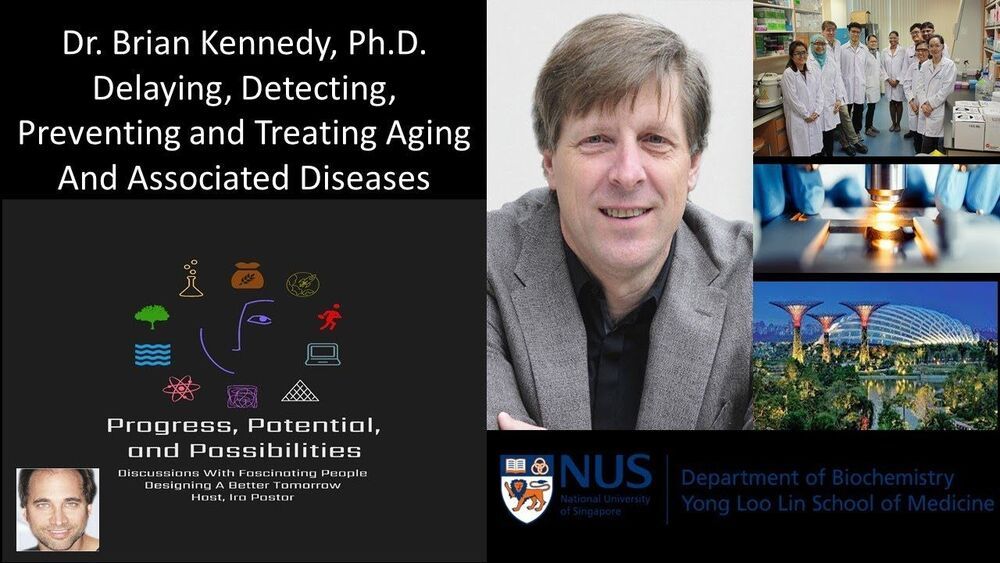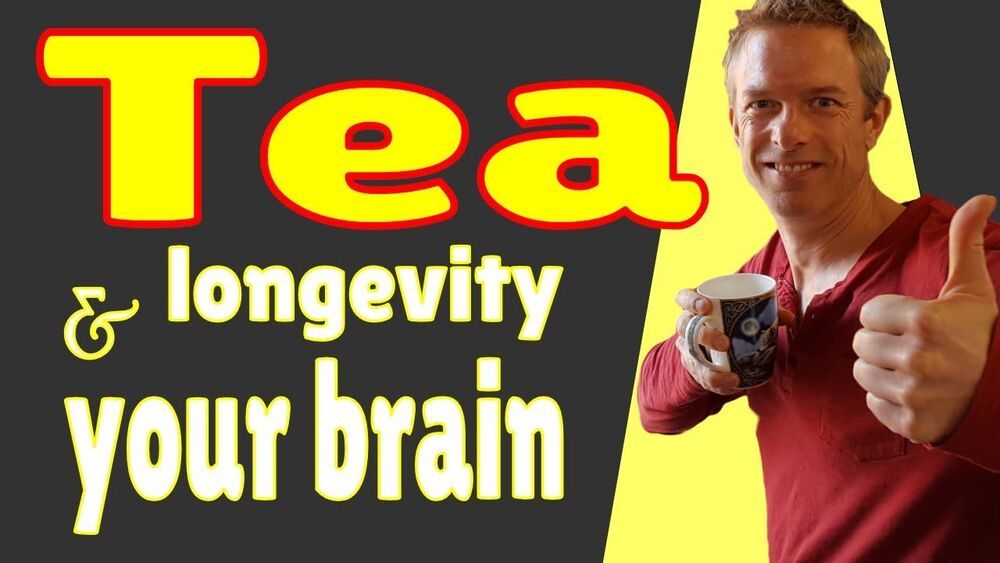Aubrey de Grey’s talk during the South Summit that took place in Spain last October 2020. Aubrey explains why he thinks science and technology is close to bringing aging under complete medical control.
He also describes how along the process we will reach what he calls “Longevity Escape Velocity”. Once we reach it, we will be able to stay one step ahead of the curve of aging, and extend significantly, eventually indefinetely, human health and lifespan.
During the South Summit that took place in Spain last October 2020, gerontologist Aubrey de Grey explains why he thinks science and technology is close to bringing aging under complete medical control.
He also describes how along the process we will reach what he calls longevity escape velocity. Once we reach it, we will be able to stay one step ahead of the curve of aging, and extend significantly, eventually indefinetely, human health and lifespan.
El video cuenta con subtítulos en Español.
Link a versión original sin subtítulos: https://youtu.be/Akl6xiN68M0
